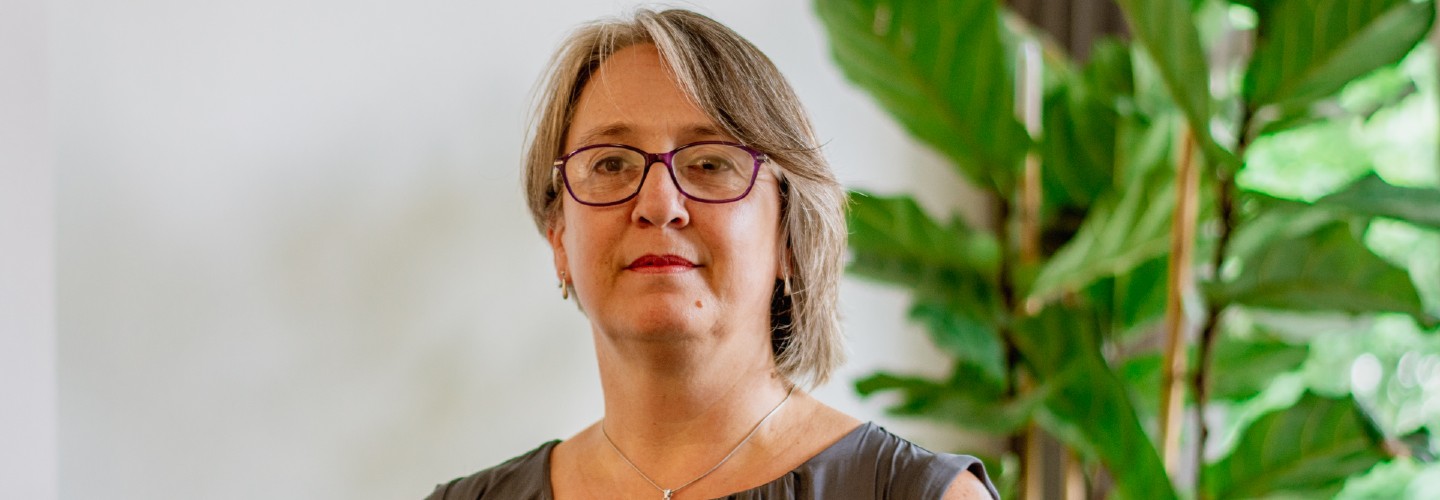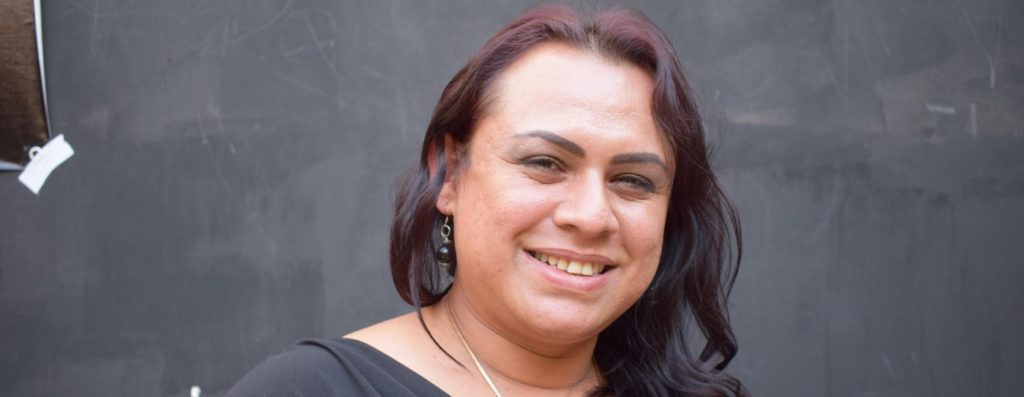The spread of COVID-19 is increasing worldwide. In Latin America, where developments are about two weeks behind Europe, they’re holding their breath. We spoke to our colleague in Costa Rica, Women’s Empowerment Program Development Manager Manine Arends, about her concerns and what lies ahead.
“Measures to halt the spread of the disease vary enormously here in the region. Some countries are doing almost nothing. For example, no measures have been taken in Nicaragua. At the time of writing, the Nicaraguan authorities were even denying that the virus was spreading there.” As a result, other countries are responding with stricter measures. Costa Rica, where Manine lives, has closed its borders with Nicaragua for fear that the virus will be brought across the border.
“In some countries, people returning from abroad are not checked at all, for example, from the United States. That makes getting a grip on the virus even more difficult. There are also places where the population is taking matters into their own hands. In Brazil, for example, you can see parallel power structures are now taking over. It is the gangs in slums that are keeping people inside their homes.”
Limited freedoms and a shortage of equipment
Other countries, however, have imposed very strict measures. “Peru is in complete lockdown, and the police are allowed to intervene violently. Civil liberties have been really scaled back in some countries, and I’m afraid this will be exploited. These measures shouldn’t become permanent,” warns Manine.
Most countries here have weak social structures and a fragile health care system.
A lockdown has major consequences in Latin America. “Most countries here have weak social structures and a fragile health care system. What happens if the virus really hits soon? Peru has 250 ventilators out of a population of 32 million. Europe is now making major purchases, but how will we get enough tests, ventilators and other equipment here? I’m extremely worried about that.”
At the time of writing, Ecuador’s local government and health system were already overloaded, with hospitals and mortuaries struggling severely to cope with the influx of patients and bodies.
Vulnerable groups
Latin America has enormous inequalities. And in times of crisis they only get worse. Manine tells us that in countries like Honduras, Guatemala, Nicaragua and Bolivia, about eighty percent of people work in the informal sector. “They depend on their daily income. It isn’t easy to tell them they can no longer go out on the street. These people have no savings, no access to health care and often live in closely confined areas or in very densely populated neighborhoods,” she explains.
The same goes for indigenous communities. “How should they take care of themselves? What is good is that there are also countries that take good measures and say: you should not exclude anyone now.”
LGBT people and women
Fortunately, Manine is seeing more solidarity among certain parts of society. “Partly thanks to our work, many minority groups can organize and stand up for themselves. This is becoming an important safety net for people today. Like transgender organizations we work with that get their hands on emergency aid and can, for example, distribute food packages.”
Manine stresses that help for vulnerable groups is urgently needed. “Many trans people are active as sex workers. They work on the street, often have no permanent home and their work forces them to be in physical contact with others. That makes them even more vulnerable now. Where should they go during a lockdown? This is also a problem for LGBT youth. Now they have to stay at home, but their families are often very unaccepting of them. And people with HIV must leave home to get their medicines, without which they more at risk of infections.”
Manine is also concerned about the increase in domestic violence. “This is a violent continent, and violent relationships are no exception. In many households, stress about finances is increasing. And then many women are also stuck with a violent partner who is now at home all the time. These women, whose load is just piling up with work, children and caring for the home, have nowhere to go.”
International solidarity
From our years of experience, we know how heavy the blows to vulnerable groups are. And how inequality only increases in times of crisis. That is why we stress the importance of international solidarity. The COVID-19 crisis is a global problem that we can only solve by working together and looking out for marginalized groups.



